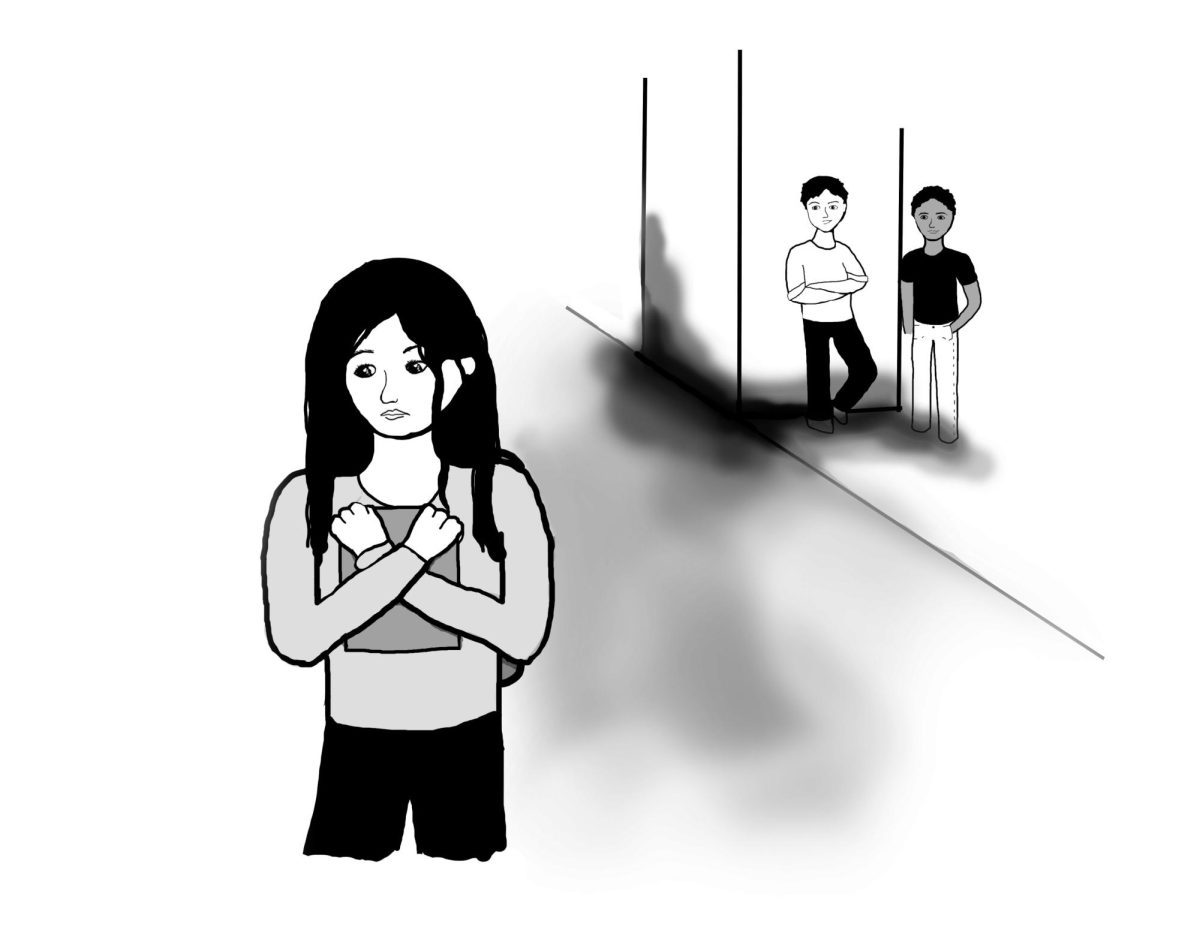First-year Maggie Appleton feels utterly safe in her Whitman bubble and is not paranoid about members of the Walla Walla community wreaking havoc upon her notions of security.
“The really dodgy ones that are going to potentially gang rape someone don’t come to hear talks on the U.S. foreign oil trade and its significance to the environment; they’re not interested,” said Appleton.
On Oct. 1, Whitman released the 2009 Annual Security Report, which follows the guidelines of The Jeanne Clery Disclosure of Campus Security Policy and Crime Statistics Act, as required by the federal government. The report shows that, while most crime is at a comparably low level to that of schools in big cities, it exists beyond the imaginations of most Whitman students.
The college may seem so safe that talking about safety as a potential problem elicits puzzling looks.
“I think that Whitman is exceedingly safe; I have yet to witness any dodgy people anywhere or any type of violence at all or hear of any. Ever. And I also have an older sibling at the school who has yet to tell me of any violence he’s every heard of,” said Appleton.
Fear of violent crime is a non-issue for Whitman students. But violent crime does occur, according to the statistics on Whitman’s Web site. There were six forcible sex offenses reported in 2006, five in 2007, and 18 in 2008. However, the terminology used by the Cleary Crime statistics can be misleading, according to Barbara Maxwell, Associate Dean of Students/Student Programs.
“According to Cleary, [non-forcible sex offenses] are statutory rape and incest,” said Maxwell. “I’ve actually heard students be just outraged that all of our sex offenses are forcible.”
Whitman reports zero non-forcible sex offenses each year. Maxwell also mentioned that the statistics do not differentiate between attempted crimes and completed crimes. The prevailing attitude of Whitman students, however, seems to be that zero crimes occur. According to Maxwell, students feel so at home on campus that they sometimes ignore the fact that campus is public, and first-year Ethan Maier agrees.
“People on Whitman campus forget that they’re in a city,” said Maier. “I see bikes being left unlocked a lot, and that’s just silly to me, because we are in the middle of a city and there are probably plenty of people who would love to steal a bike. The Whitman Bubble: it’s not just Whitman students not going out, it’s that they feel that people can’t really come in.”
While Maier also feels totally safe on campus, he feels that people shouldn’t delude themselves into thinking that they can just leave their possessions lying around. Maxwell agrees, although she indicated that nine times out of ten one would probably be fine.
“I think that I have a responsibility, as a citizen, to take precautions,” said Maxwell. “I lock my house, I lock my car; I don’t leave things in the front seat to entice people to break the window. So is this nirvana where people can do whatever they want and be safe 100 percent of the time? No.”
While students feel safe, they might take more personal responsibility, particularly concerning their possessions. However, Maxwell acknowledged that there is a fine line between being responsible and being paranoid.











